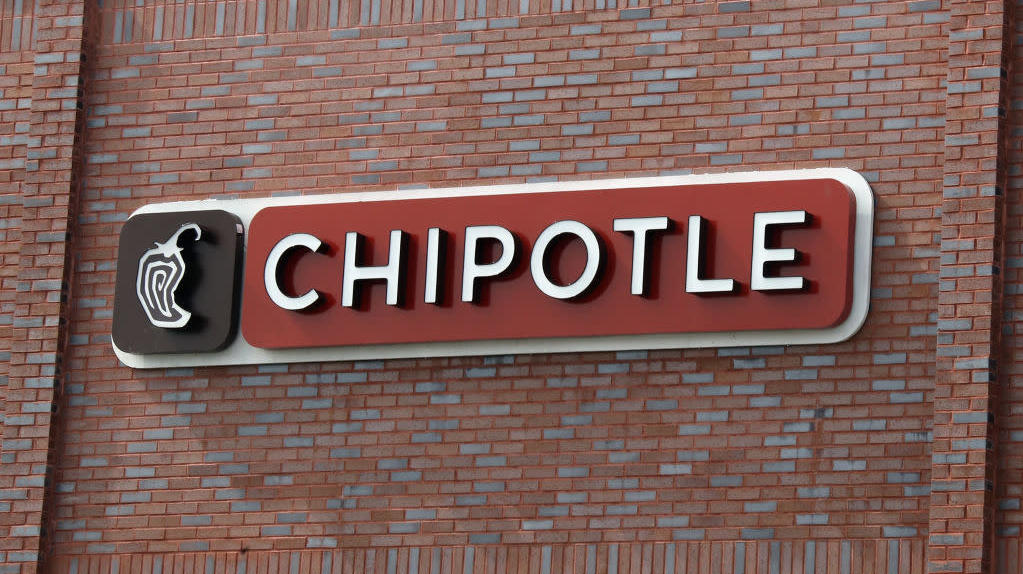Fast Food Chains Are Hiring By The Thousands, Even As Locations Close
Watching fast food franchises adapt to coronavirus is a surprisingly interesting way to pass the time. Just a few days ago we wrote about how McDonald's and Dunkin' have closed hundreds of locations apiece while Taco Bell is losing customers. Despite this, fast food and fast-casual chains are not only doing extremely well (particularly considering the circumstances), they're looking to hire a considerable number of new employees.
As reported by Reuters, Chipotle announced in May that it would be bolstering its workforce by 10,000 employees and in the three months since then has managed to hire 8,000 of those new workers. The numbers are even more staggering for Dunkin', which plans to add 25,000 new employees. And it's not just those two brands: McDonald's, Starbucks, and Yum Brands (owner of Taco Bell, KFC, and Pizza Hut) are all anticipated to start hiring as well.
Reuters firmly connects the hiring sprees to the fact that the U.S. is facing unemployment levels not seen since the Great Depression, and that's an analysis that seems to make sense. The Flynn Restaurant group (which owns over a thousand Applebee's, Arby's, Taco Bell, and Panera locations) was reportedly having significant trouble recruiting new applicants earlier in the pandemic but, according to Reuters,
"By mid-July, applicants for manager-level positions surged back, a change that founder Greg Flynn attributed in part to the looming end of enhanced unemployment benefits.
"You are never not looking for people" to hire in fast food, said Barry Friends, a partner at food industry consultant Pentallect. "In the short term, the labor pool is going to be better."
This is particularly true right now. Reuters says that in February there were 12.3 million restaurant workers in the United States, and The National Restaurant Association puts that number even higher, at a projected 15.6 million. By March and April, half of those employees had lost their jobs. Even considering that fast food is its own special beast, the fact that 6 to 13 million restaurant workers might be looking for a job in the same industry—potentially any job—means that a hiring figure like "25,000 new employees" might seem enormous but doesn't even equate to a drop in the bucket of the number of available workers. If demand for quick, contact-free fast food remains steady this might be a boom time for major corporate franchises rather than its demise.
